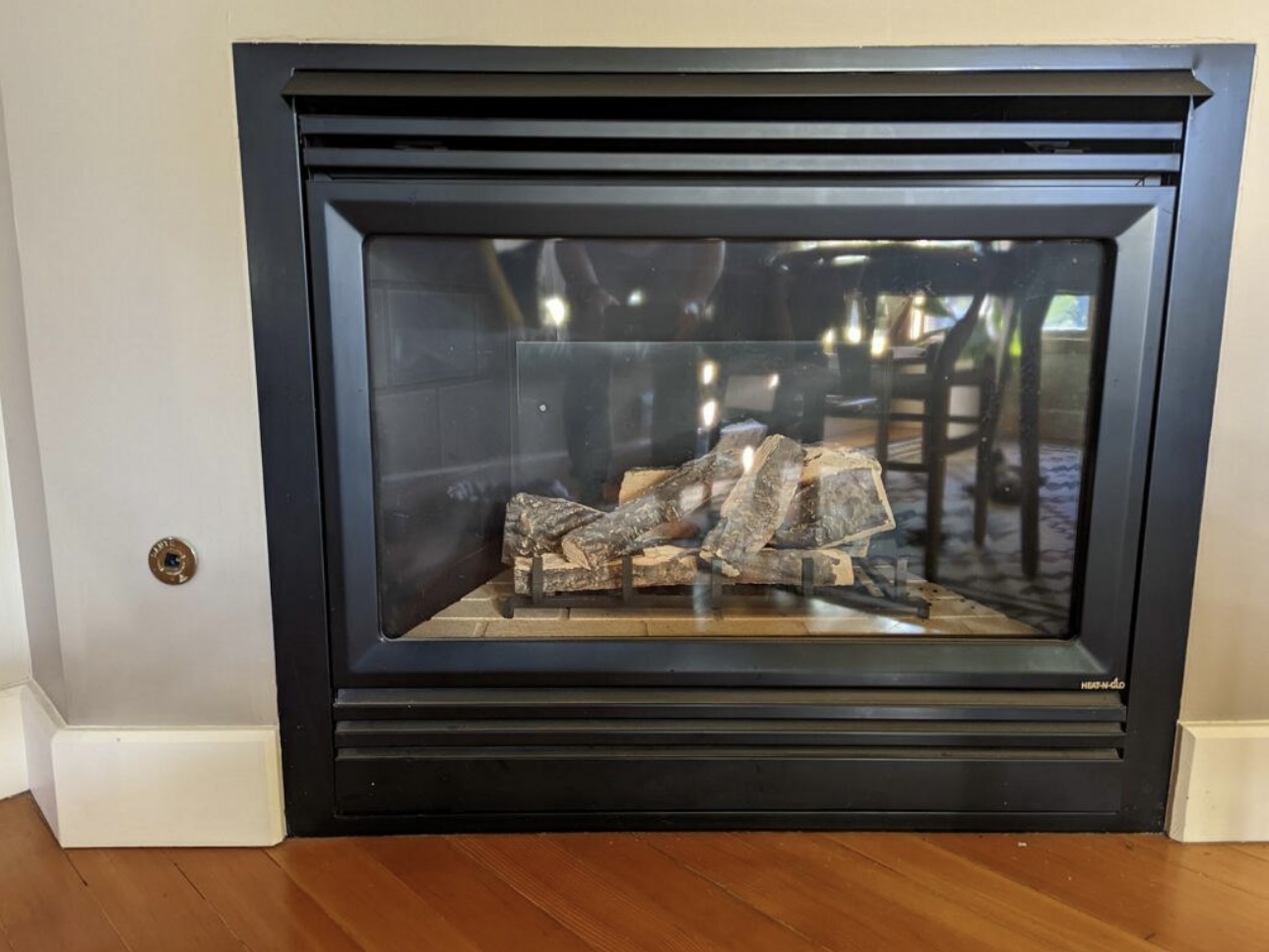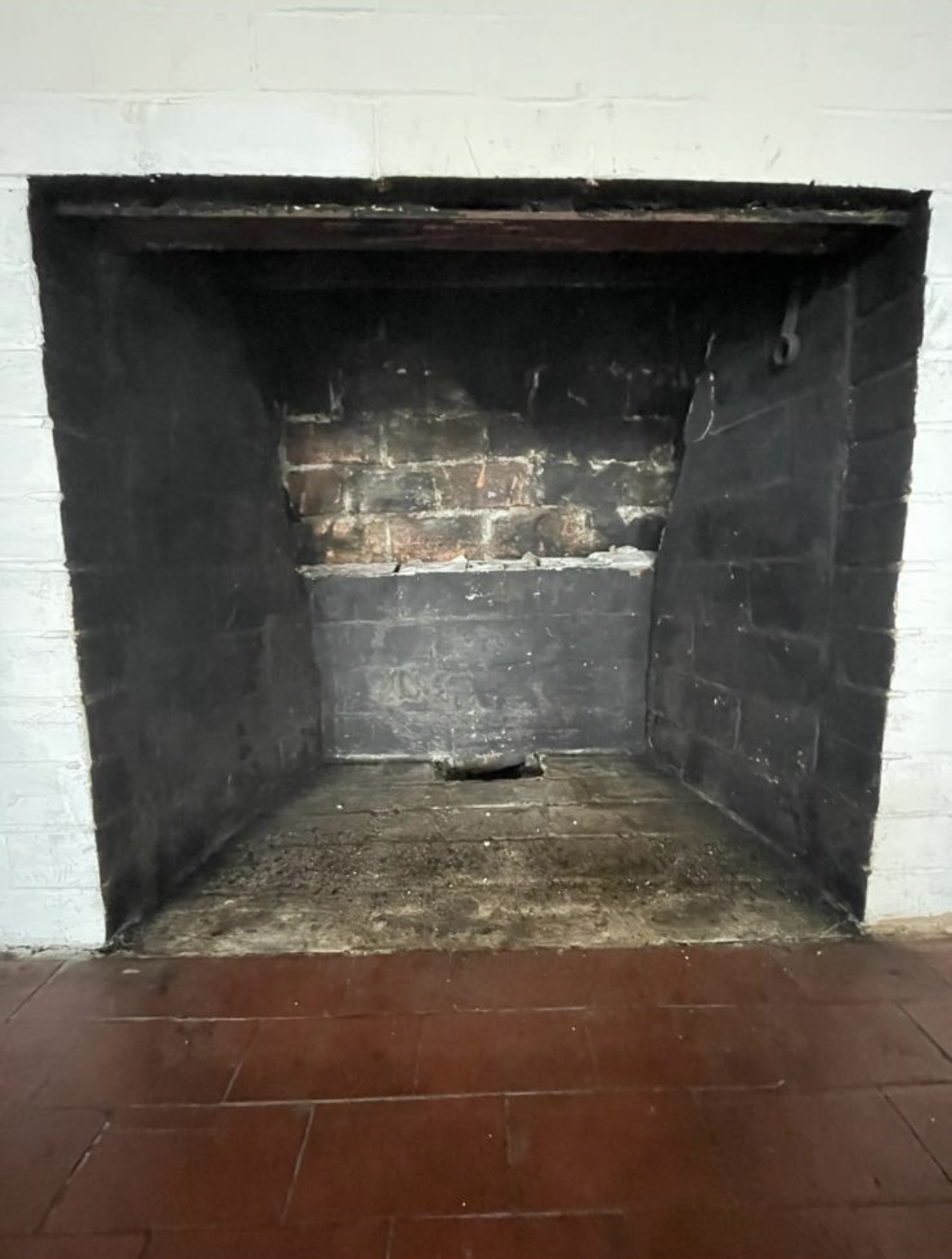Gas vs. Wood-Burning Fireplaces: Pros and Cons
When it comes to selecting a fireplace for your home, one of the primary decisions you’ll need to make is whether to choose a gas or wood-burning fireplace. Both options offer unique benefits and drawbacks, depending on your preferences, lifestyle, and home’s requirements. In this article, we will explore the pros and cons of gas and wood-burning fireplaces to help you determine which is the right choice for you.
Gas Fireplaces
Pros of Gas Fireplaces
1. Easy to use: Gas fireplaces are known for their convenience, as they can be ignited with the simple flip of a switch or push of a button.
2. Low maintenance: Gas fireplaces require less maintenance compared to wood-burning fireplaces, as there’s no need to clean up ash or soot.
3. Energy-efficient: Gas fireplaces tend to be more energy-efficient, providing consistent heat output without losing heat through the chimney.
4. Clean burning: Gas fireplaces produce fewer emissions and pollutants, making them a more environmentally friendly option.
Cons of Gas Fireplaces
1. Less authentic ambiance: Some homeowners prefer the traditional look and feel of a wood-burning fireplace, which gas fireplaces may not fully replicate.
2. Limited fuel source: Gas fireplaces rely on a connection to a natural gas or propane line, which may not be available in all homes or locations.
3. Higher installation costs: Installing a gas fireplace may require a gas line installation, which can be more expensive than setting up a wood-burning fireplace.
Wood-Burning Fireplaces
Pros of Wood-Burning Fireplaces
1. Traditional ambiance: Wood-burning fireplaces offer a classic, cozy atmosphere with the crackling sounds and woodsy aromas many homeowners love.
2. Independence from utilities: With a wood-burning fireplace, you don’t need a gas line or electricity to enjoy a warm fire.
3. Renewable fuel source: Wood is a renewable, carbon-neutral fuel source, making it an environmentally friendly option when sourced responsibly.
Cons of Wood-Burning Fireplaces
1. More maintenance: Wood-burning fireplaces require regular cleaning and maintenance, including ash removal and chimney sweeping.
2. Less energy-efficient: Wood-burning fireplaces tend to lose more heat through the chimney, making them less efficient than gas fireplaces.
3. More emissions: Wood-burning fireplaces produce more pollutants and emissions, contributing to air pollution and potential health risks.
Conclusion:
Ultimately, the decision between a gas and wood-burning fireplace comes down to personal preferences and the specific needs of your home. Consider factors such as convenience, maintenance, energy efficiency, and ambiance when making your choice. By weighing the pros and cons of each option, you can select the perfect fireplace to enhance your home’s comfort and style, check out our blog or contact us for professional advice and services.


